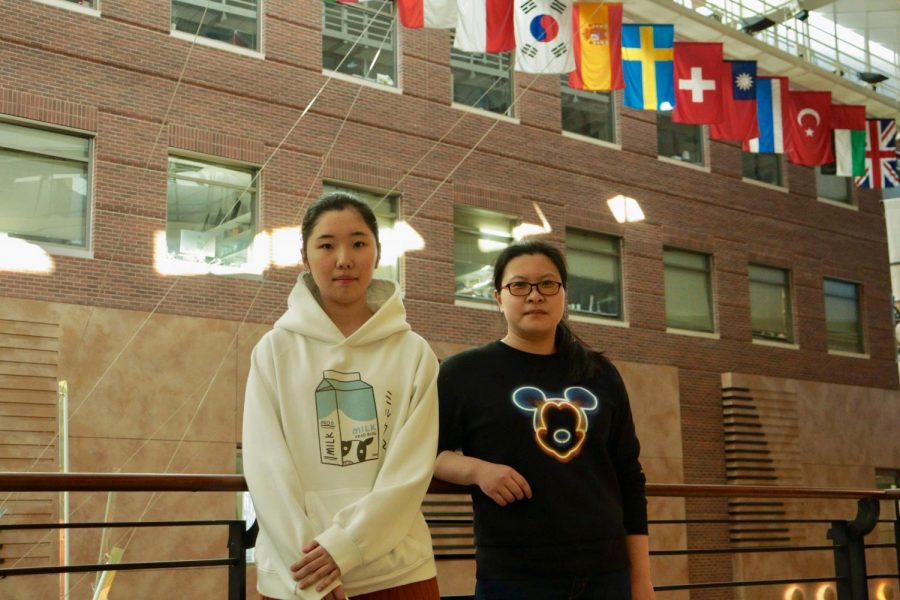Last month, the University of Minnesota’s International Student Advisory Board (ISAB) started with new members who are dedicated to focusing on mental health and career preparation catered to international students.
Established in 2016, the board has provided insight and feedback to University departments on how to improve their services to support international students. Each year, the board selects themes to address throughout its term.
“Because as international students, most of our friends, they are international students as well, so sometimes we’re serving as a bridge between the international student groups and U to bring more information to them,” Yining Wang, ISAB member and second-year graduate student, said.
When the pandemic hit, the International Student and Scholar Services (ISSS) and the Office of Student Affairs had to pause recruitment for new board members, which usually occurs in the fall. Instead, the new board was selected in the spring and has since met in virtual meetings.
Some board members are parents, undergraduate students and graduate students and range from different cultural backgrounds. After voting, the board determined that career preparedness and mental health were some of the most pressing issues facing international students.
Fourth-year graduate student and ISAB member Peng Ge said before the pandemic, some international students experienced isolation because of the language barrier or cultural differences. The pandemic has worsened feelings of isolation, she added.
“[International students] mentioned that it is really hard to make friends through the screen because you don’t really see them in person and the feelings are different,” Ge said.
Across the University, many international students are facing added challenges due to the pandemic, such as conflicting time differences.
When Ge moved to the U.S. for the first time to attend her graduate program, she said she experienced a culture shock. To adjust, Ge found it helpful to audio record her professors’ lectures and repeatedly listen to them to stay on track for her classes.
“I would like to address the problem of cultural shock and isolation for international students, which I personally experienced when I firstly entered the U,” Ge said.
Barbara Kappler, assistant dean of ISSS, said over the years, she has seen significant improvements in language on websites to be “effective, engaging and clear” to international students. Kappler also said board members’ feedback and insight have been utilized by many departments at the University, including Boynton Health and campus safety initiatives.
ISSS is working to update its website to include biographies of each board member and their contact information so they are more accessible to international students.
“As an individual international student, it is not easy to make my voice heard to the University,” Jungyeol Park, University graduate student and ISAB co-facilitator, said. “But I think within this context of ISAB, … we can make them hear or listen to what international students need.”














